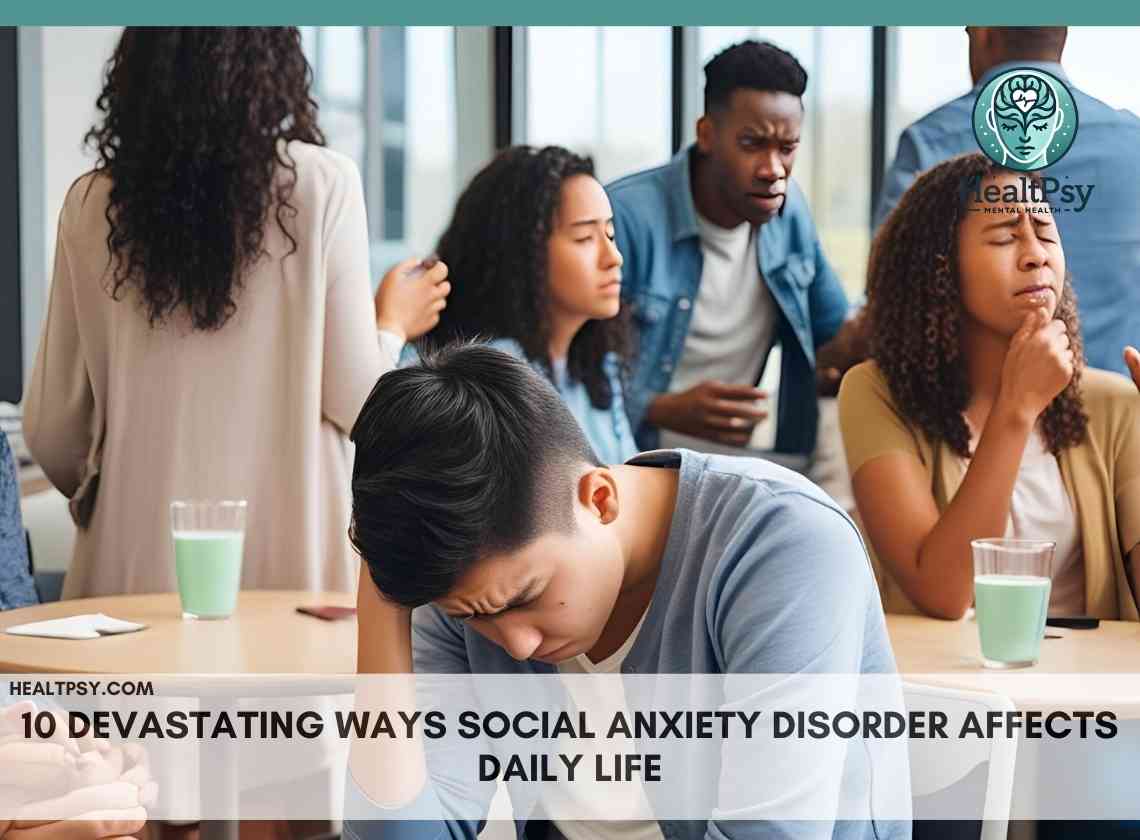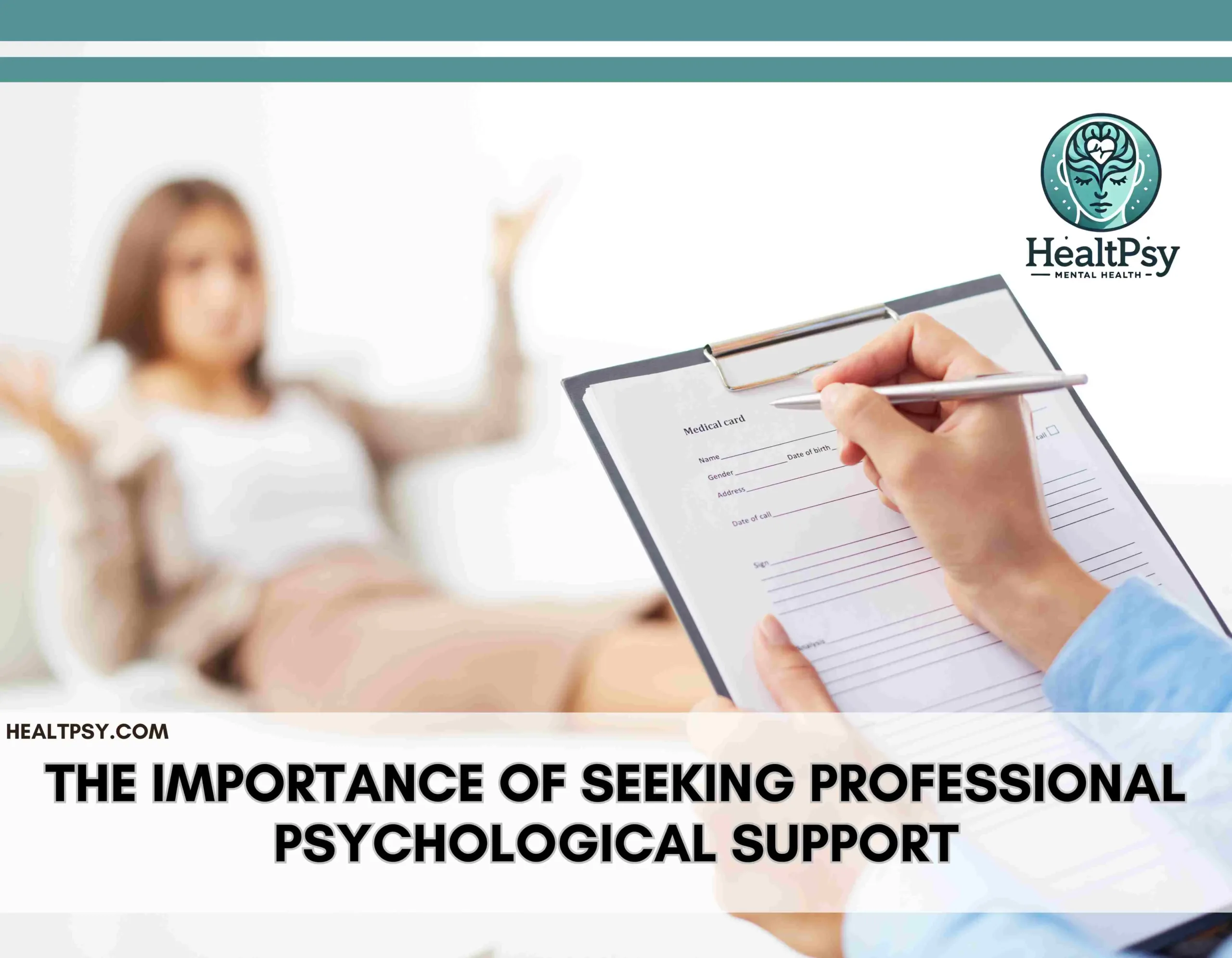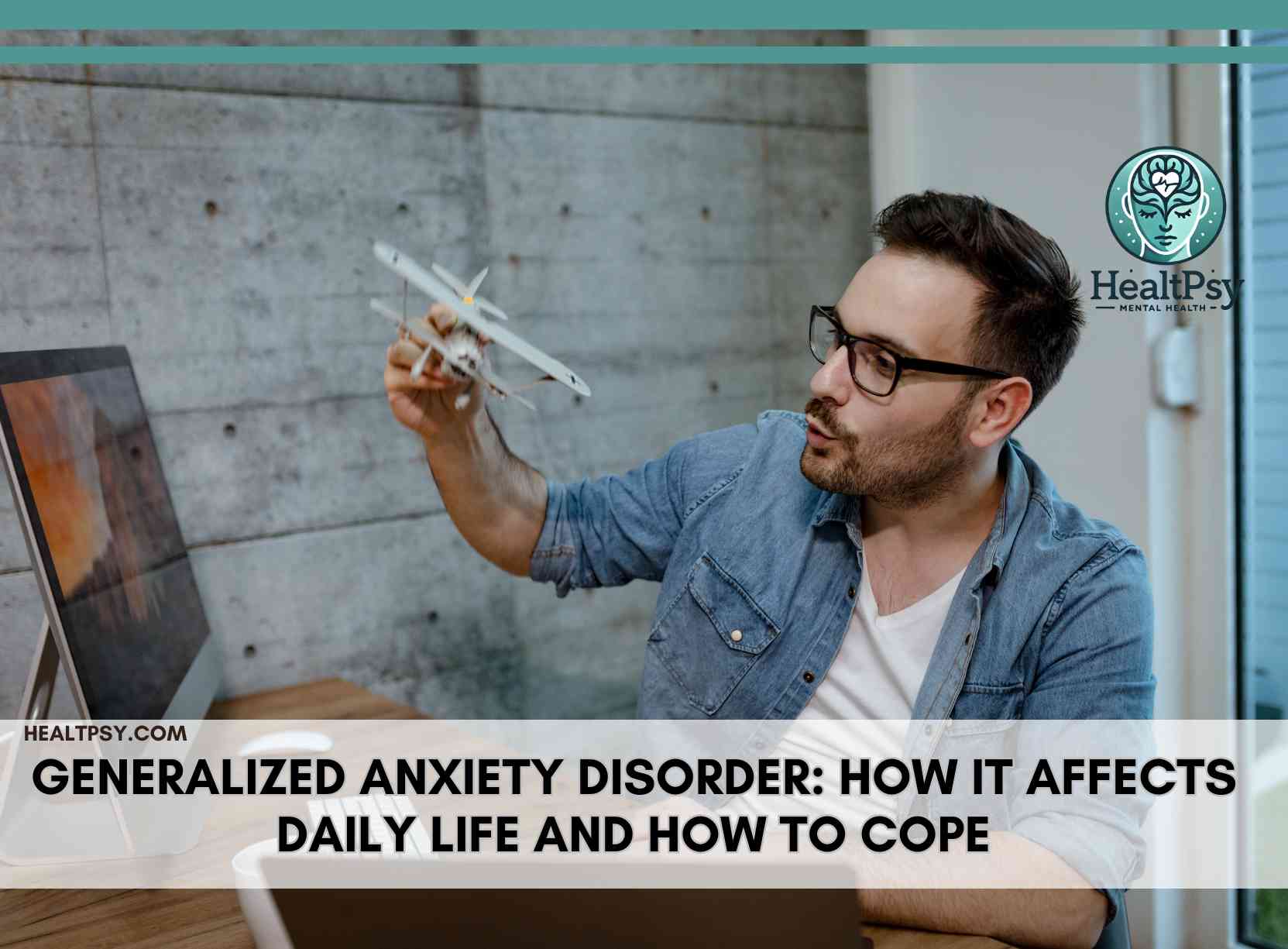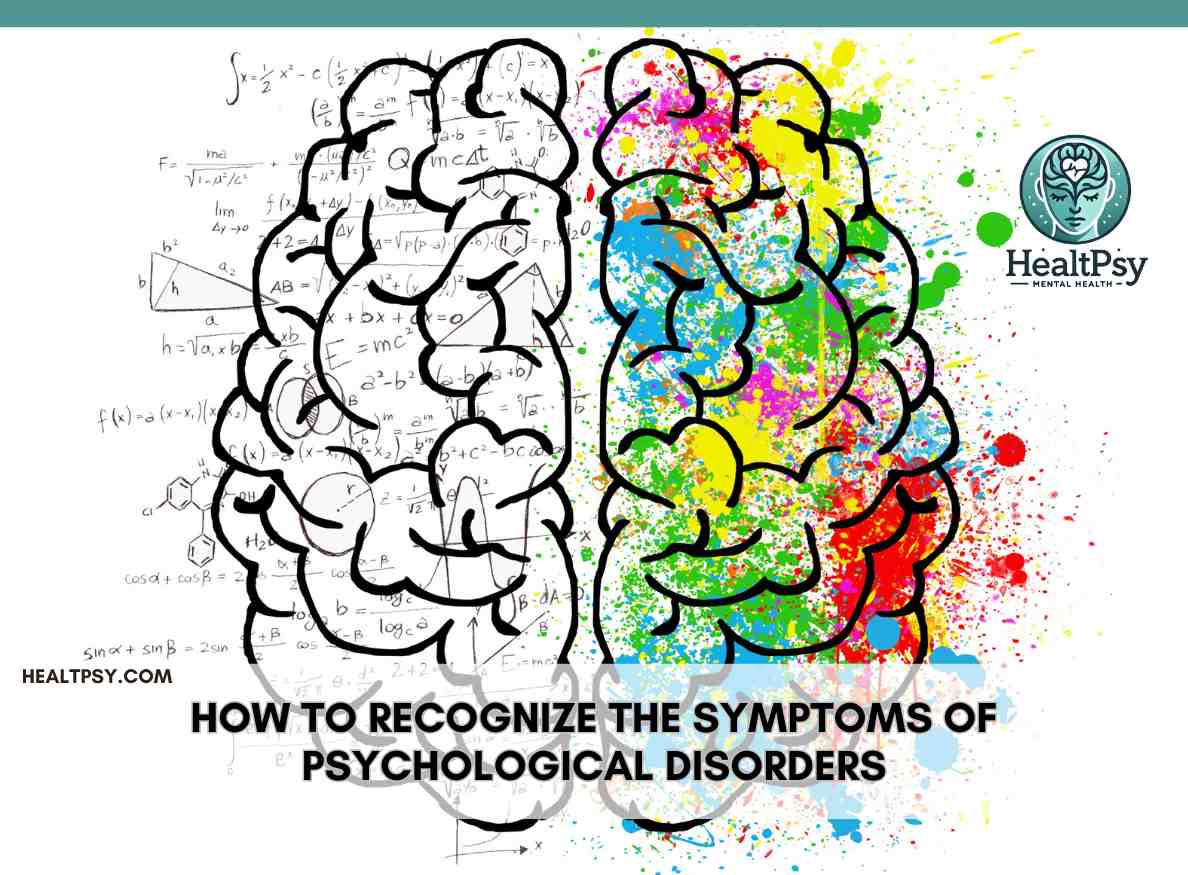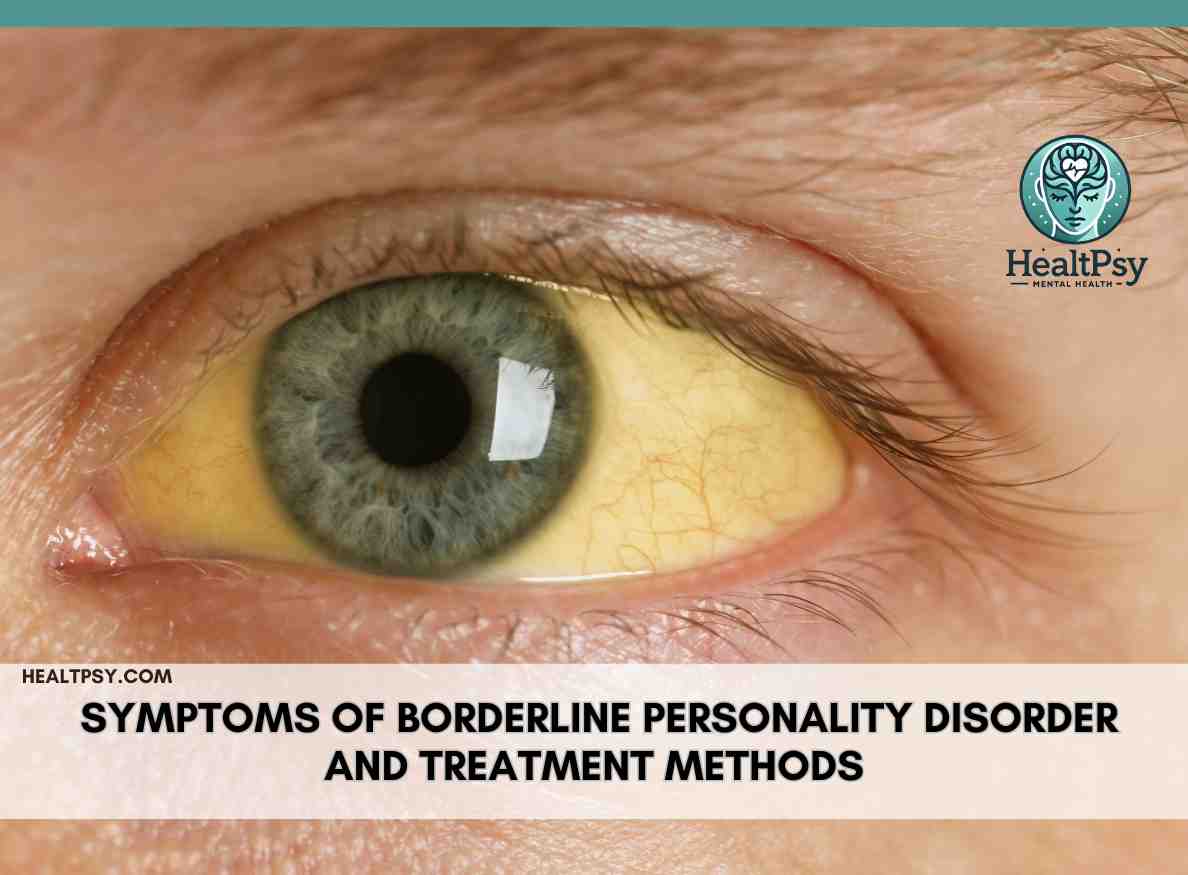10 Devastating Ways Social Anxiety Disorder Affects Daily Life
Social Anxiety Disorder (SAD) is a mental health condition that causes intense fear and discomfort in social situations. It can affect various aspects of daily life, making it difficult for individuals to interact with others, pursue career opportunities, or even perform routine tasks. People with **social anxiety disorder** often experience excessive worry about being judged, embarrassed, or humiliated in public. This article explores ten ways in which **social anxiety disorder affects daily life** and offers insight into its impact on mental well-being.
1. Difficulty in Social Interactions
Individuals with **social anxiety disorder** often struggle with simple social interactions, such as making small talk, meeting new people, or even ordering food at a restaurant. The overwhelming fear of being scrutinized can lead to avoidance of conversations and social gatherings, making it harder to build and maintain relationships. Learn more about social anxiety disorder here.
2. Fear of Public Speaking
Public speaking is one of the most common fears among individuals with **social anxiety disorder**. Whether it is giving a presentation at work or speaking in class, the thought of addressing a group can trigger panic, excessive sweating, and trembling. This fear can limit career opportunities and academic performance.
3. Avoidance of Social Events
Many people with **social anxiety disorder** avoid social gatherings, including parties, networking events, or family functions. The fear of being the center of attention or saying something wrong can cause extreme distress, leading to isolation and loneliness. Avoiding social situations can further reinforce anxiety and make it harder to overcome the fear.
4. Negative Impact on Career Growth
Professional life requires regular social interactions, teamwork, and public communication. Individuals with **social anxiety disorder** may struggle to attend meetings, participate in discussions, or take on leadership roles. As a result, they may miss out on promotions, networking opportunities, and career advancements.
5. Difficulty in Forming Relationships
Building romantic relationships or friendships can be challenging for those with **social anxiety disorder**. The fear of rejection, embarrassment, or being judged often prevents them from approaching others, making it difficult to connect on a deeper level. Many individuals may feel lonely or misunderstood due to their struggle with social interactions. Learn more about the importance of social support.
6. Physical Symptoms of Anxiety
Social anxiety is not just a mental struggle; it also manifests physically. Symptoms such as a racing heart, excessive sweating, nausea, dizziness, and muscle tension can occur when faced with social situations. These physical reactions can intensify anxiety and make it harder to function in everyday life.
7. Low Self-Esteem and Self-Doubt
Individuals with **social anxiety disorder** often experience low self-esteem and feelings of inadequacy. The fear of being negatively judged can lead to constant self-criticism and doubt about their abilities. Over time, this can erode confidence and hinder personal growth.
8. Academic Struggles
For students, **social anxiety disorder** can interfere with class participation, group projects, and forming connections with teachers or peers. Many students may avoid raising their hands, engaging in discussions, or seeking help, which can negatively impact their academic performance and overall educational experience.
9. Increased Risk of Depression
Due to prolonged social isolation and negative self-perception, individuals with **social anxiety disorder** have a higher risk of developing depression. The feelings of loneliness, frustration, and hopelessness associated with anxiety can lead to emotional distress and withdrawal from daily activities.
10. Impact on Daily Activities
Simple tasks such as grocery shopping, making phone calls, or attending appointments can be overwhelming for someone with **social anxiety disorder**. The constant worry about interacting with strangers or being in public can cause significant stress, affecting routine activities and overall quality of life.
Conclusion
Social Anxiety Disorder can have a profound impact on daily life, affecting relationships, career opportunities, and overall well-being. However, with the right support, therapy, and coping strategies, individuals can learn to manage their anxiety and regain confidence in social settings. Seeking professional help, practicing mindfulness, and gradually exposing oneself to social situations can significantly reduce the impact of **social anxiety disorder** and improve overall mental health.
you might also like

